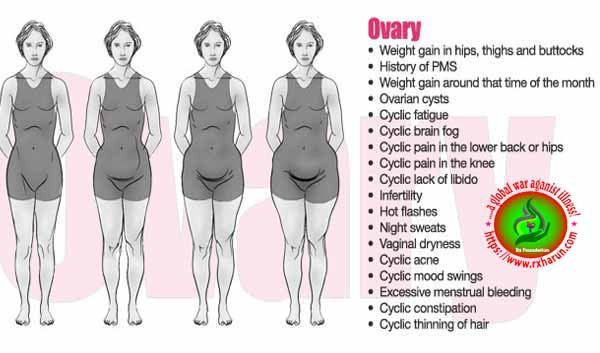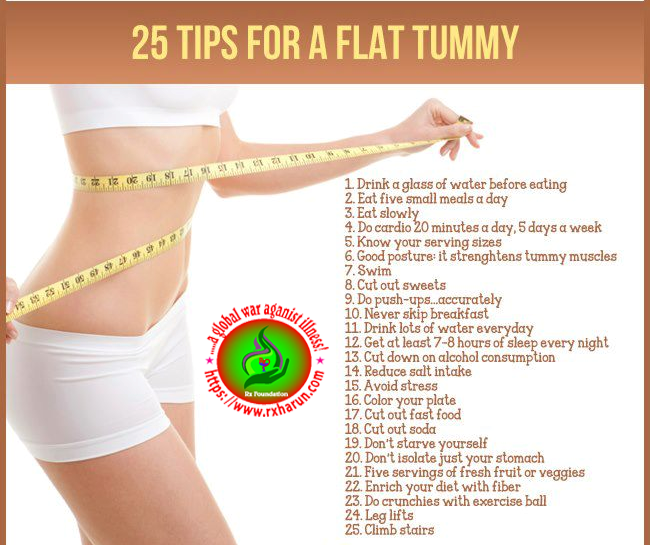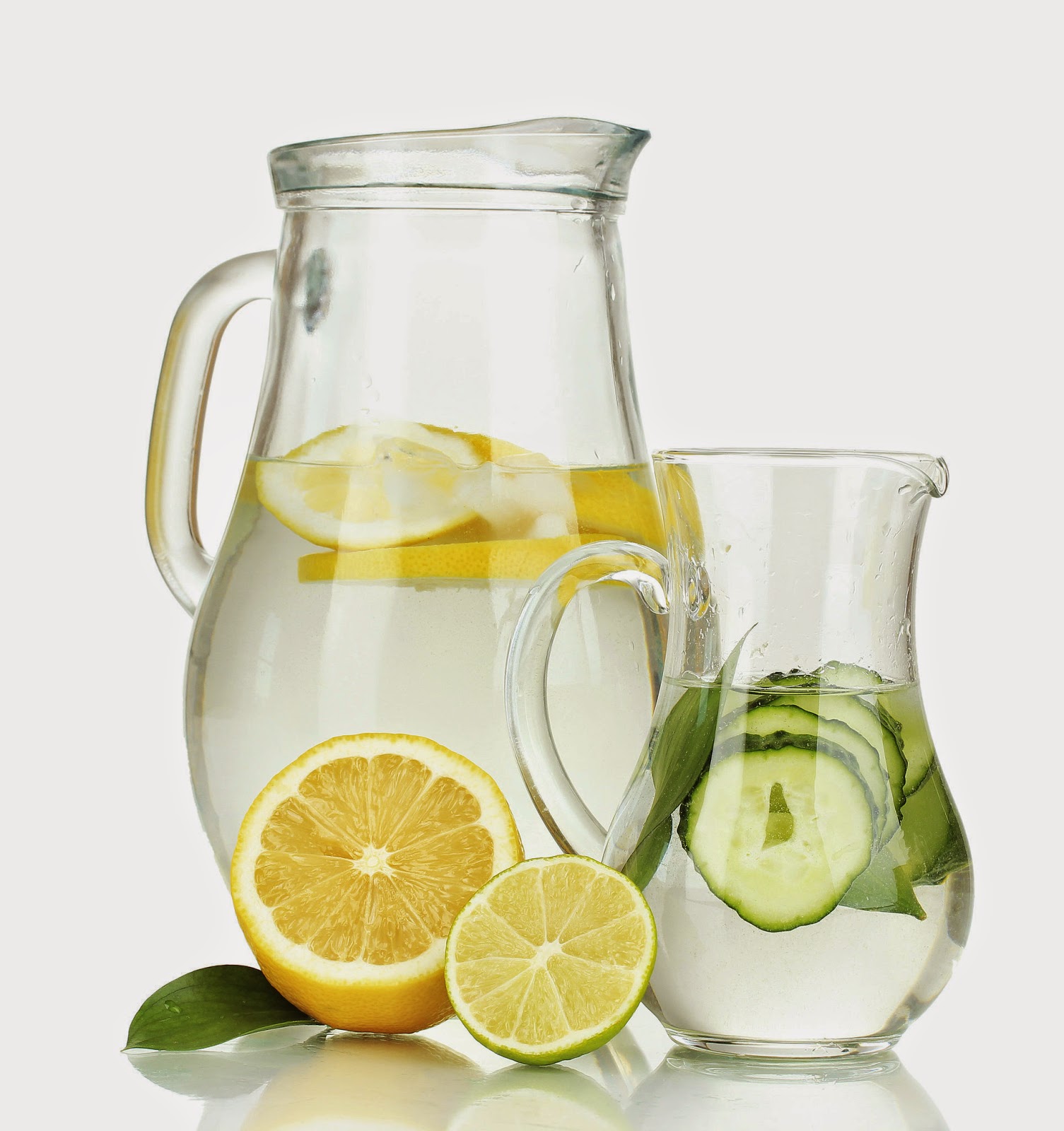The medical term for unhealthy fat in the belly is “visceral fat,” which refers to fat surrounding the liver and other organs in your abdomen.
Even normal-weight people with excess belly fat have an increased risk of health problems
Sugary Foods and Beverages
Many people take in more sugar every day than they realize.
- High-sugar foods include cakes and candies, along with so-called “healthier” choices like muffins and frozen yogurt. Soda, flavored coffee drinks and sweet tea are among the most popular sugar-sweetened beverages.
- Observational studies have shown a link between high sugar intake and excess belly fat. This may be largely due to the high fructose content of added sugars.
- Both regular sugar and high-fructose corn syrup are high in fructose. Regular sugar has 50% fructose and high-fructose corn syrup has 55% fructose.
- In a controlled 10-week study, overweight and obese people who consumed 25% of calories as fructose-sweetened beverages on a weight-maintaining diet experienced a decrease in insulin sensitivity and an increase in belly fat.
- A second study reported a reduction in fat burning and metabolic rate among people who followed a similar high-fructose diet.
- Although too much sugar in any form may lead to weight gain, sugar-sweetened beverages may be especially problematic. Sodas and other sweet drinks make it easy to consume large doses of sugar in a very short period of time.
What’s more, studies have shown that liquid calories don’t have the same effects on appetite as calories from solid foods. When you drink your calories, it doesn’t make you feel full so you don’t compensate by eating less of other foods instead.
Alcohol
- Alcohol can have both healthful and harmful effects. When consumed in moderate amounts, especially as red wine, it may lower your risk of heart attacks and strokes. However, high alcohol intake may lead to inflammation, liver disease, and other health problems. Some studies have shown that alcohol suppresses fat burning and that excess calories from alcohol are partly stored as belly fat — hence the term “beer belly”.
- Studies have linked high alcohol intake to weight gain around the middle. One study found that men who consumed more than three drinks per day were 80% more likely to have excess belly fat than men who consumed less alcohol.
- In another study, daily drinkers who consumed less than one drink per day tended to have the least abdominal fat, while those who drank less often but consumed four or more drinks on “drinking days” were most likely to have excess belly fat
Trans Fats
- Trans fats are the unhealthiest fats on the planet. They’re created by adding hydrogen to unsaturated fats in order to make them more stable. Trans fats are often used to extend the shelf lives of packaged foods, such as muffins, baking mixes, and crackers. Trans fats have been shown to cause inflammation. This can lead to insulin resistance, heart disease, and various other diseases.
- At the end of a 6-year study, monkeys fed an 8% trans fat diet gained weight and had 33% more abdominal fat than monkeys fed an 8% monounsaturated fat diet, despite both groups receiving just enough calories to maintain their weight.
Inactivity
- A sedentary lifestyle is one of the biggest risk factors for poor health . Over the past few decades, people have generally become less active. This has likely played a role in the rising rates of obesity, including abdominal obesity.
- A major survey from 1988-2010 in the US found that there was a significant increase in inactivity, weight and abdominal girth in men and women another observational study compared women who watched more than three hours of TV per day to those who watched less than one hour per day.
- The group that watched more TV had almost twice the risk of “severe abdominal obesity” compared to the group that watched less TV. One study also suggests that inactivity contributes to the regain of belly fat after losing weight. In this study, researchers reported that people who performed resistance or aerobic exercise for 1 year after losing weight were able to prevent abdominal fat regain, while those who did not exercise had a 25–38% increase in belly fat
Low-Protein Diets
- Getting adequate dietary protein is one of the most important factors in preventing weight gain. High-protein diets make you feel full and satisfied, increase your metabolic rate and lead to a spontaneous reduction in calorie intake.
- In contrast, low protein intake may cause you to gain belly fat over the long term. Several large observational studies suggest that people who consume the highest amount of protein are the least likely to have excess belly fat.
- In addition, animal studies have found that a hormone known as neuropeptide Y (NPY) leads to increased appetite and promotes belly fat gain. Your levels of NPY increase when your protein intake is low.
Menopause
- Gaining belly fat during menopause is extremely common. At puberty, the hormone estrogen signals the body to begin storing fat on the hips and thighs in preparation for a potential pregnancy. This subcutaneous fat isn’t harmful, although it can be extremely difficult to lose in some cases. Menopause officially occurs one year after a woman has her last menstrual period.
- Around this time, her estrogen levels drop dramatically, causing fat to be stored in the abdomen, rather than on the hips and thighs.
- Some women gain more belly fat at this time than others. This may partly be due to genetics, as well as the age at which menopause starts. One study found that women who complete menopause at a younger age tend to gain less abdominal fat.
The Wrong Gut Bacteria
Hundreds of types of bacteria live in your gut, mainly in your colon. Some of these bacteria benefit health, while others can cause problems.
- The bacteria in your gut are also known as your gut flora or microbiome. Gut health is important for maintaining a healthy immune system and avoiding disease.
- An imbalance in gut bacteria increases your risk of developing type 2 diabetes, heart disease, cancer, and other diseases. There’s also some research suggesting that having an unhealthy balance of gut bacteria may promote weight gain, including abdominal fat.
- Researchers have found that obese people tend to have greater numbers of Firmicutes bacteria than people of normal weight. Studies suggest that these types of bacteria may increase the number of calories that are absorbed from food .
- One animal study found that bacteria-free mice gained significantly more fat when they received fecal transplants of bacteria associated with obesity, compared with mice that received bacteria linked to leanness


























